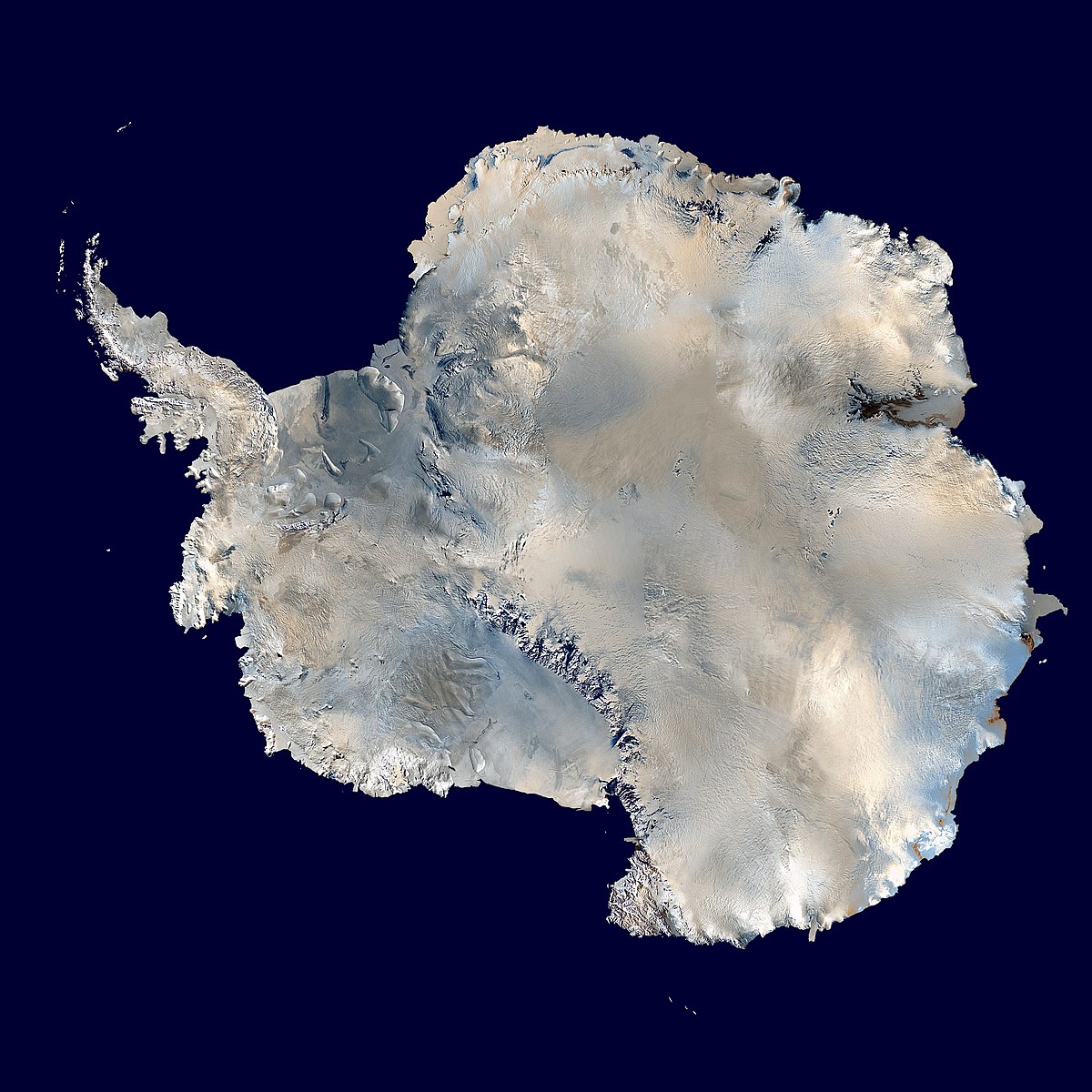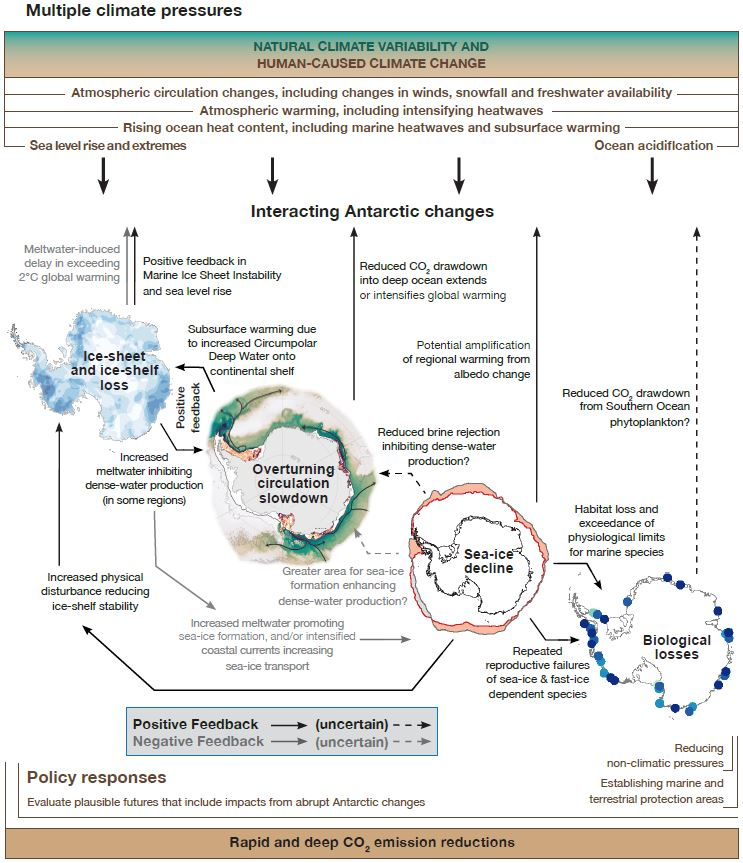Follow us on Google News (click on ☆)

Led by international scientists with contributions from the Laboratoire d'océanographie et du climat: expérimentations et approches numériques (LOCEAN), this research emphasizes the urgency of reducing CO₂ emissions to avoid catastrophic climate impacts.
Published in the journal Nature, this synthesis study draws on observational data, past and future modeling to present an unequivocal conclusion: Antarctica is undergoing a series of rapid and interconnected changes. These transformations, sometimes self-amplifying, mark the entry into a new climate regime at the South Pole.
Sea ice, ice sheets, ocean circulation: tipping points already initiated
Over the last decade, the extent of sea ice surrounding Antarctica has dropped dramatically, reaching in July 2023 more than 7 standard deviations below the 1981-2010 climatological average. This is an extreme statistical deviation never observed over three centuries, suggesting that a fundamental regime change is underway. Unlike Arctic sea ice, the decline of Antarctic sea ice could continue even after climate stabilization.
Simultaneously, the Antarctic ocean circulation, which is a crucial system of currents that transports heat, carbon, and nutrients, already shows significant signs of slowing by 30% in some regions since the 1990s. Models suggest this slowdown could continue in the coming decades, with major implications for global climate and the carbon cycle.
Finally, researchers emphasize that significant areas of the West Antarctic ice sheet may have already crossed a threshold of instability. Irreversible melting could be triggered even in optimal CO₂ emission reduction scenarios, with serious consequences for global sea level rise.

Disrupted and weakened ecosystems
Antarctic ecosystems are undergoing rapid transformations due to habitat changes and the exceeding of physiological thresholds. Since 2016, nearly 30 emperor penguin colonies (out of 60 colonies) have experienced partial or complete breeding failures due to the early disappearance of coastal sea ice.
In the Southern Ocean, warming and acidification threaten other Antarctic marine species including phytoplankton, which plays a key role in ecosystem functioning. Their 18% decline over 26 years affects the survival of krill and other key species and reduces the ocean carbon sink.
Limiting damage, adapting: a global urgency
This research underscores the urgency of rapidly and deeply reducing CO₂ emissions this decade and reaching net-zero emissions this century. Even with these measures, some changes could be unavoidable, which requires including the impacts of Antarctic changes in global adaptation strategies.